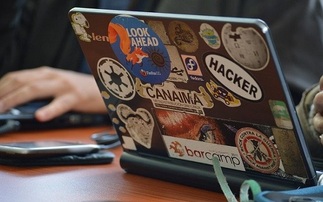How did the hack last seven months, how was the breach detected and would 'chip and PIN' cards have made a difference?
The Hard Rock Hotel & Casino credit card breach, which was first revealed a few days ago, has left consumers and security experts alike with more questions than answers. The hotel released a sta...
To continue reading this article...
Join Computing
- Unlimited access to real-time news, analysis and opinion from the technology industry
- Receive important and breaking news in our daily newsletter
- Be the first to hear about our events and awards programmes
- Join live member only interviews with IT leaders at the ‘IT Lounge’; your chance to ask your burning tech questions and have them answered
- Access to the Computing Delta hub providing market intelligence and research
- Receive our members-only newsletter with exclusive opinion pieces from senior IT Leaders





















